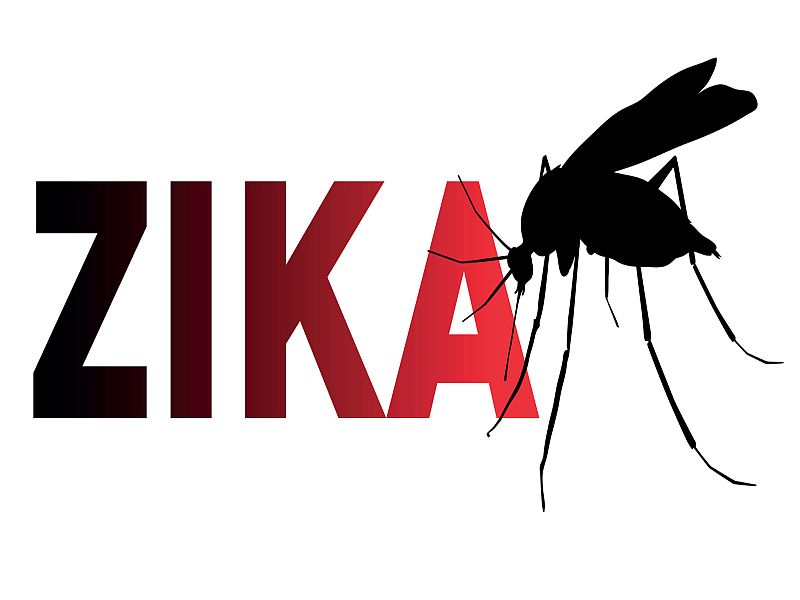
Some countries struck by the Zika virus have discussed widespread use of toxic pesticides to control virus-carrying mosquitoes. But researchers say there may be a low-tech, low-cost alternative.
An existing DNA-screening technology may help determine whether Zika-transmitting mosquitoes are present in local populations, perhaps reducing reliance on harmful chemicals to control them, Colorado State University researchers reported.
The technology is called loop-mediated isothermal amplification (LAMP). It easily detected Zika virus in human and mosquito samples from the United States, Brazil and Nicaragua, the researchers said.
The LAMP test involves squishing a mosquito in water in a tube, heating it with chemicals, then watching for the solution to change color.
Results from mosquitoes were available within about 30 minutes, but could take up to an hour, the researchers said.
The technology was developed in Japan in 2001. It’s similar to another technology that provides a very sensitive analysis of DNA samples, but can be used in the field, not just in a lab.
“Using LAMP to detect Zika virus would be much less expensive for developing countries,” said study researcher Nunya Chotiwan, from the university’s Arthropod-borne Infectious Diseases Laboratory.
“The majority of the countries involved in the current outbreak are not rich. It’s important for us to try to develop low-cost surveillance methods that might one day be used in these countries,” she said in a university release.
The next step in this research is to compare LAMP to current, more sophisticated and expensive tests for Zika.
But, it will likely be a long time before LAMP is potentially approved to test for Zika in hospitalized patients believed to have Zika, the researchers said.
“The human diagnostic side of things presents a much more significant challenge,” said researcher Joel Rovnak, an assistant professor of virology and cancer biology.
Zika virus is well-known for the devastating neurological damage it can cause in the womb. It was first detected in Uganda in 1947 and is likely to head back to the African continent, Chotiwan said.
The U.S. Centers for Disease Control and Prevention recently warned that local transmission of Zika virus was occurring in Cape Verde, off the coast of West Africa.
Zika has already affected many babies born in parts of Latin America and the Caribbean, and local transmission has occurred in Florida and Texas.
The study was published May 3 in the journal Science Translational Medicine.
More information
The U.S. Centers for Disease Control and Prevention has more on Zika.
Source: HealthDay

Leave a Reply